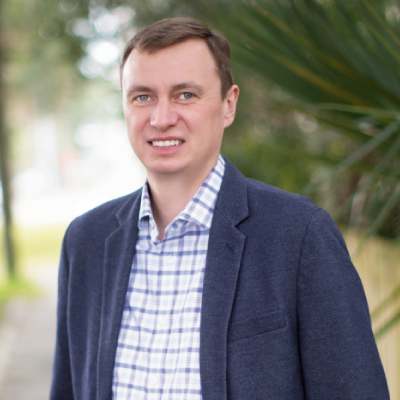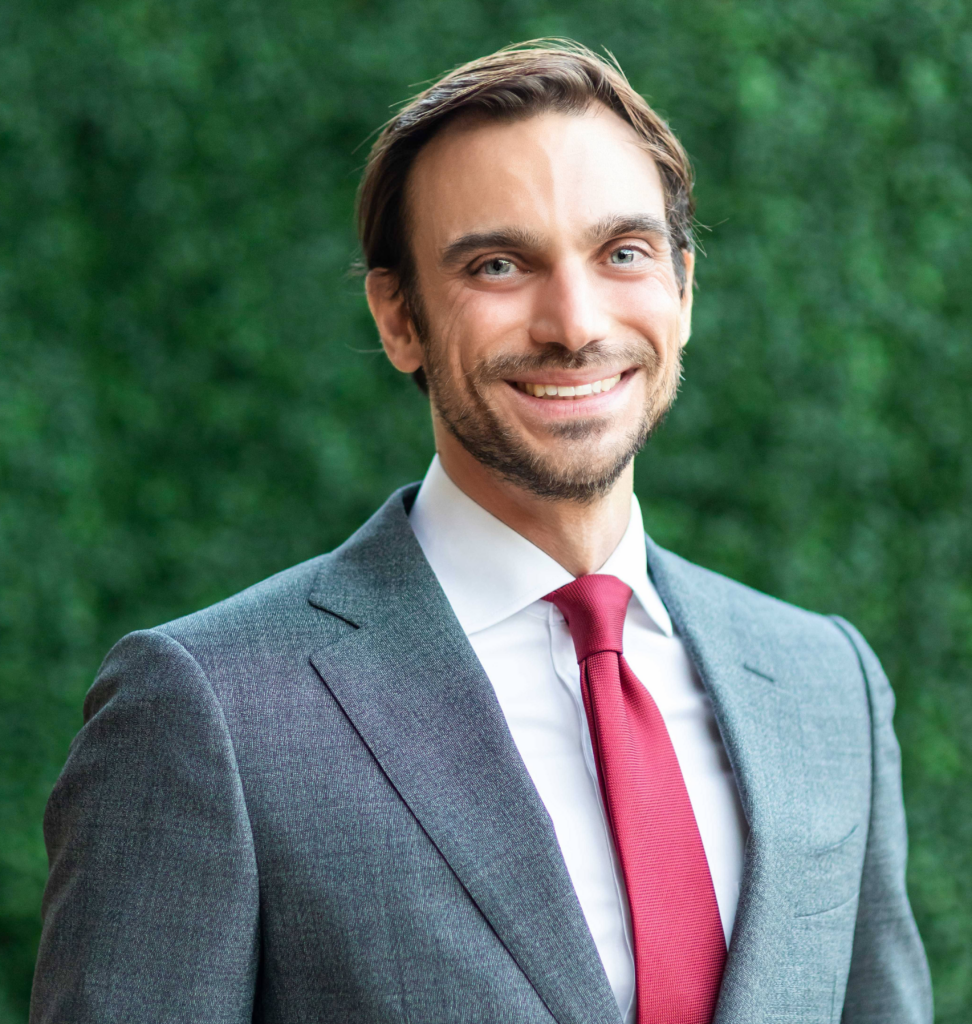Gerrymandering in America, with Nick Seabrook
In his book One Person, One Vote, Nick Seabrook, an authority on constitutional and election law, examines the question of gerrymandering—that is, the intentional drawing of electoral districts for political gain.

Seabrook looks at the history of gerrymandering, which he believes is “a uniquely American phenomenon,” and how new technologies have made the practice far more ruthlessly effective and efficient today than it has ever been. He scrutinizes the way in which gerrymandering has removed power from voters and how such efforts have withstood legal challenges.
“How do you solve a problem like gerrymandering?” asks Professor Seabrook. View our discussion below that addresses this and other questions.

About the Speaker

Nick Seabrook is a Professor and Chair of the Department of Political Science and Public Administration at the University of North Florida. His research examines the intersection of law and politics in the United States, with a particular focus on redistricting reform and election administration. He is the author of the book “Drawing the Lines: Constraints on Gerrymandering in U.S. Politics,” which was published by Cornell University Press in 2017. He is an expert on constitutional law, election law, and gerrymandering.
Liam Julian | Moderator

Liam Julian is Chief of Programs & Public Policy at the Sandra Day O’Connor Institute for American Democracy. He was previously managing editor of Policy Review magazine in Washington, D.C., and a research fellow at Stanford University’s Hoover Institution. His writing and commentary on public policy have appeared in publications such as The Washington Post, The Atlantic, National Review, and RealClearPolitics, and on NPR programs including Morning Edition and All Things Considered. He also directed development of Advanced Placement curricula at the College Board, including leading the redesign of the AP U.S. Government and Politics course.


